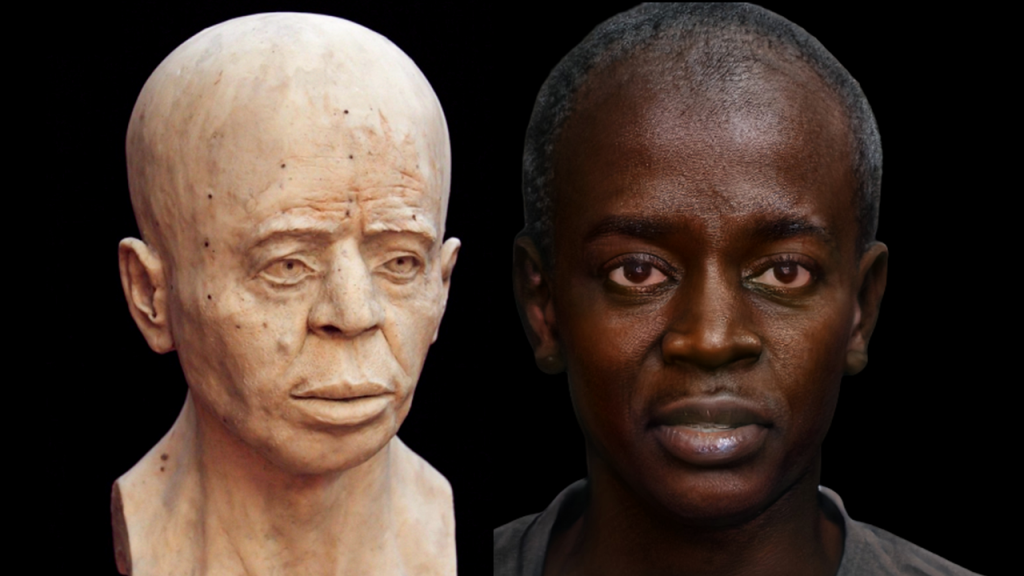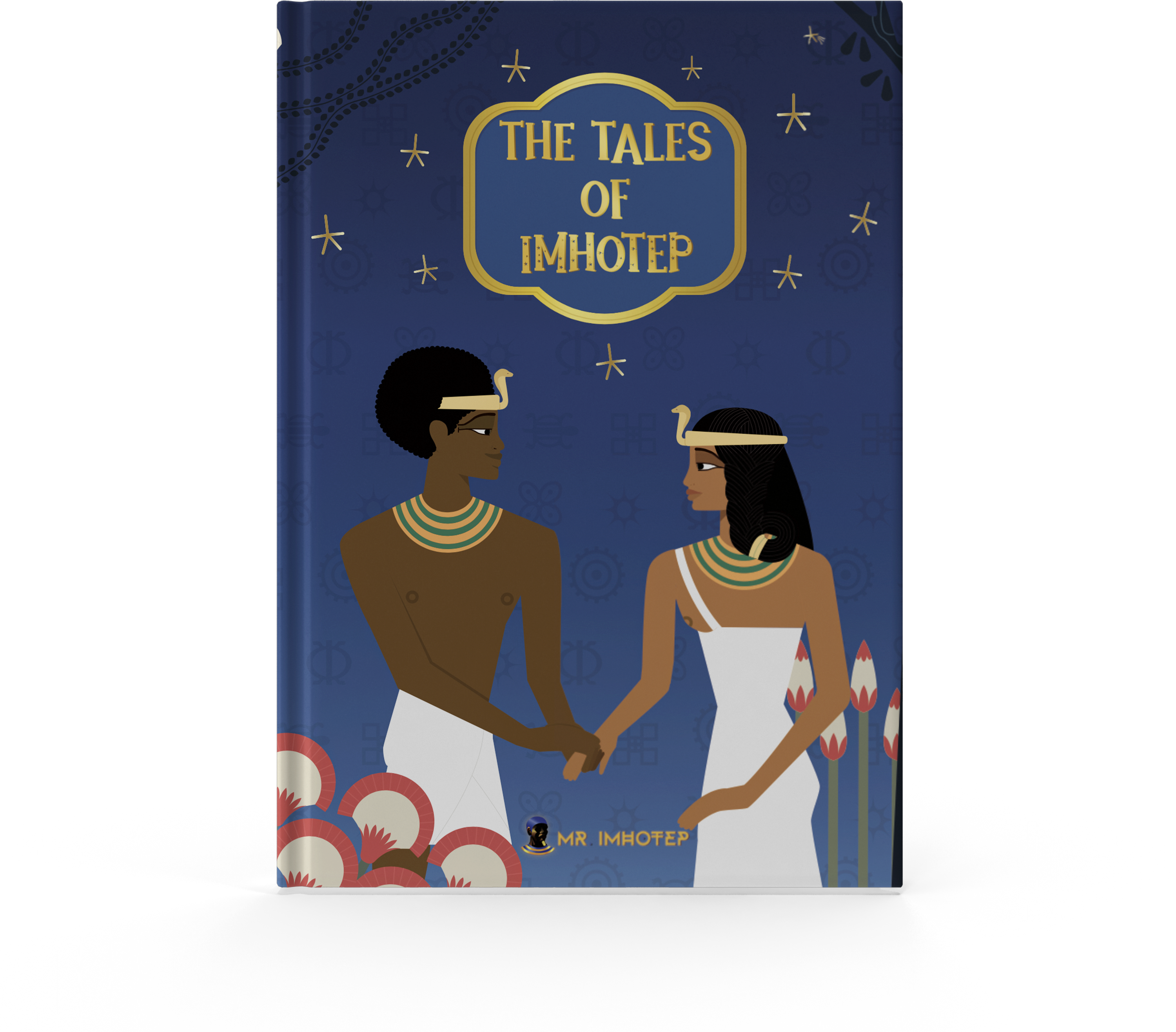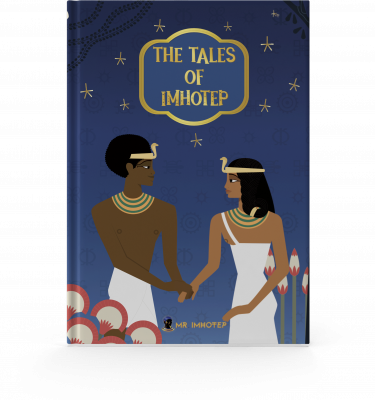Have you ever wondered where your daily bread came from? The Natufians may have played an influence in its creation. The Natufians were a group of people who lived in the eastern Mediterranean region, specifically in countries like Israel, Jordan, Syria, Palestine, and Turkey, around 12,000 years ago. They were recognized for their enormous contributions to the creation of agriculture and early human cultures, and the current study has thrown fresh insight into their history and cultural customs.
But who were these innovative people? A team of biologists, including Iosif Lazaridis and Nadin Rohland from Harvard Medical School, studied the remains of the Natufians and published their findings in the research paper “The Genetic Structure of the World’s First Farmers.” They found that the Natufians had Y-chromosomes of African origin and did not experience Neanderthal admixture, making them genetically distinct from later populations in the Levant. In fact, their haplogroup, E1b1, originated in Sub-saharan Africa. It is almost exclusively found among Black African populations today, and is actually the main paternal lineage, by far, in Africans today.
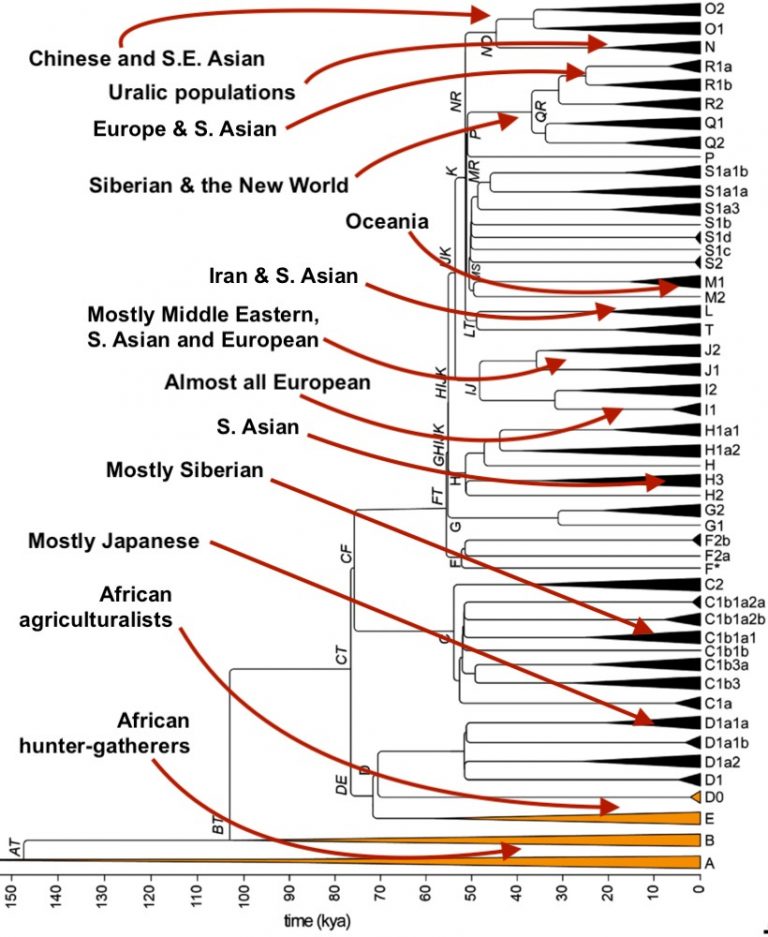
According to the evidence, the Natufians were most likely Black African explorers who landed in the region after the last Ice Age. And, interestingly, studies show that around 12,500 years ago, all humans were black or extremely melanated, implying that the Natufians could not have been pale-skinned or white. This gives credibility to the idea that the Natufians were, in fact, Black Africans.
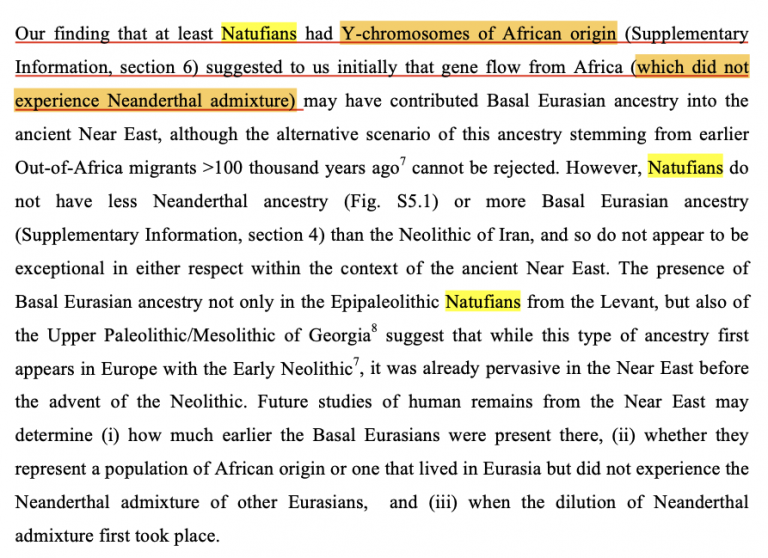
It is not uncommon for Africa to be overlooked when thinking about the Natufians, as the name “Natufian” does not immediately bring this continent to mind. However, it is important to note that the term “Natufian” was actually derived from the name of the Natufian culture, which was named after the site of Wadi an-Natuf in Palestine where the first Natufian remains were discovered. The Natufians themselves likely did not refer to themselves as such – they were simply a group of African settlers in the region.
This brings us to the issue of how we perceive history. It is easy to make the mistake of associating the name of a location with the modern populations of that area, but it is important to remember that much has happened over the course of 15,000 years – migrations, invasions, intermarriages, slavery, exoduses, and more. These events can lead to significant morphological changes, as the appearance of a population can completely change within a single generation. When talking about the Natufians, it is important to consider the full context of their story and not just the name of the culture they belonged to. By understanding the complex and diverse history of humanity, we can better appreciate and recognize the contributions of different groups.
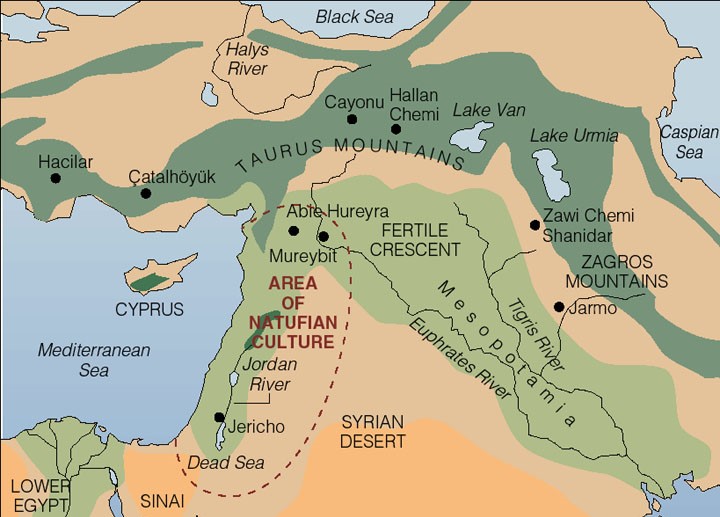
The Natufians left a long legacy in the region, and their style of life had a significant effect on the development of agriculture and human communities. Their skilled use of stone tools, as well as their capacity to adapt to a variety of situations, enabled them to prosper in an unpredictable world and lay the groundwork for subsequent civilizations.
Subscribe to our YouTube channel for video content
But the importance of the Natufians goes beyond just their practical contributions. The research paper “The Genetic Structure of the World’s First Farmers” challenges the traditional narrative of the origins of agriculture and early human societies, highlighting the vital role that Africans played in the development of these societies. It’s a reminder that the history of humanity is diverse and complex, and that the contributions of different groups should be recognized and celebrated.
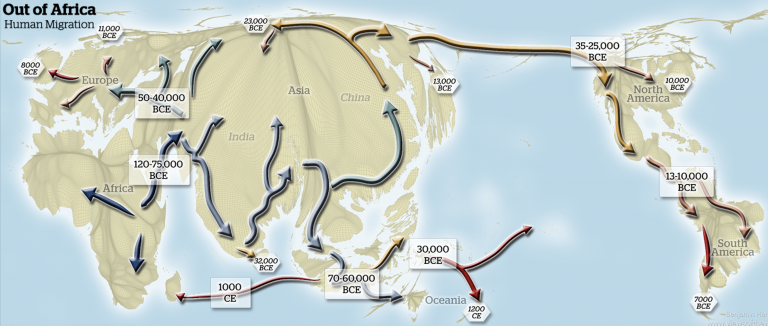
So, the next time you take a bite of bread or enjoy a fresh harvest from your garden, remember the Natufians and their vital role in the development of agriculture and human societies. Their achievements remind us of the rich and diverse history of humanity, and the important contributions of Africa to world civilization. It’s important to note that the Natufians were sub-Saharan Africans who slowly moved north and settled in the areas directly on the periphery of their continent, rather than being part of the “Out of Africa” event that occurred earlier and is often mentioned by scientists. They were part of the group of people who remained in Africa and later explored and settled in these areas. They were truly part of the African family.

